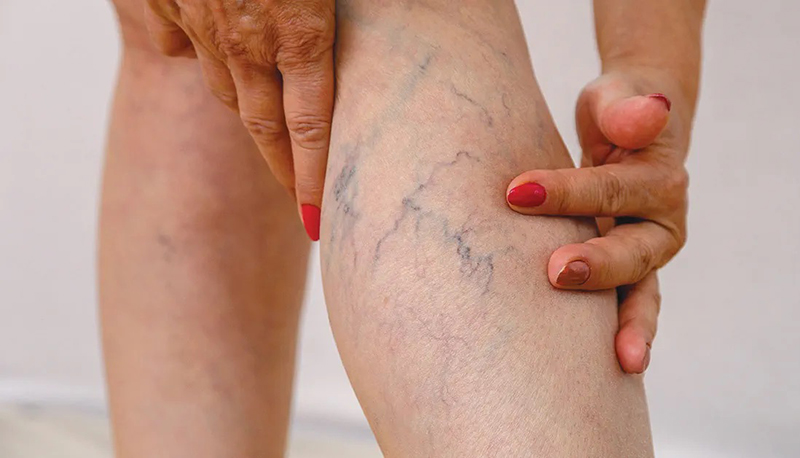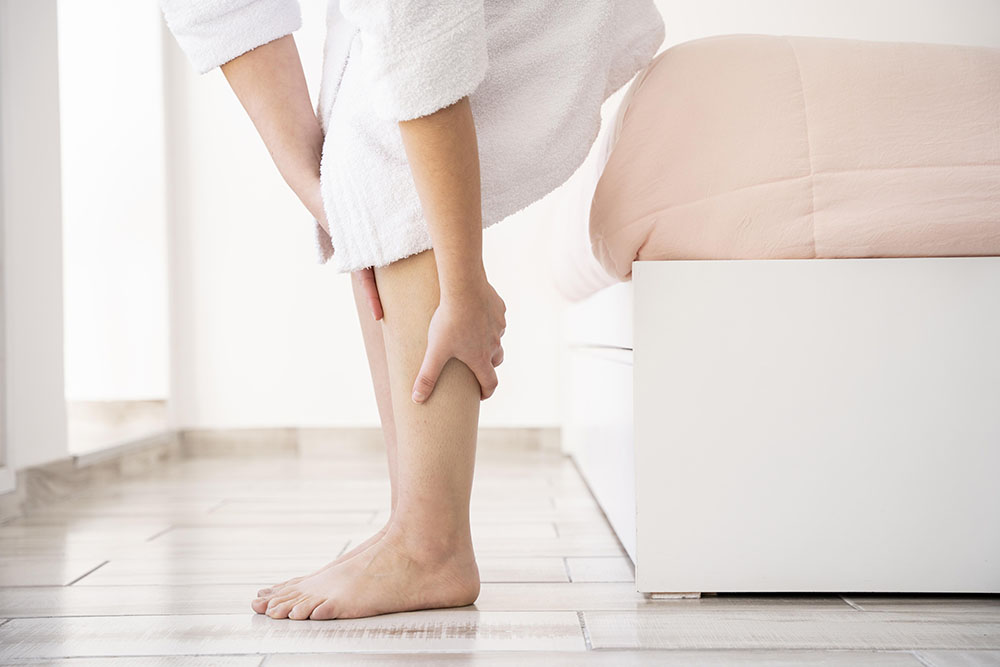Varicose Vein Treatment

How is Varicose Veins Treated?
Varicose veins can be treated through various methods, and consulting a specialist in Cardiovascular and Vascular Surgery is crucial for the appropriate treatment. Some of the treatment options include:
Surgery (Surgical Methods):
Traditional surgical procedures involve removing the affected veins through small incisions. However, this method is less commonly preferred due to a longer recovery time.
Non-Surgical Methods:
Endovenous Laser Ablation (EVLA) or Radiofrequency Ablation (RFA):
These are minimally invasive procedures where a catheter is used to deliver laser or radiofrequency energy to the vein, causing it to collapse and disappear gradually. It is a less painful and faster-healing method.
Foam Sclerotherapy:
A foamy substance is injected into the affected vein, causing it to close and fade away
Glue (Cyanoacrylate) Closure:
Special medical glue is used to close the varicose vein, preventing blood flow through it.
Sclerotherapy:
A solution is injected into the vein, irritating its lining and causing it to collapse.
Conservative Measures:
- Compression Stockings: Wearing compression stockings is often recommended after treatment. These stockings apply pressure to the legs, aiding blood flow and reducing swelling.
- Lifestyle Changes: Maintaining a healthy weight, engaging in regular exercise, avoiding prolonged periods of standing or sitting, and elevating the legs when resting can help manage varicose veins.
It is essential to undergo a detailed examination, typically with the assistance of Color Doppler Ultrasound, to determine the appropriate treatment based on the specific condition of the varicose veins. The choice of treatment method may vary depending on the patient’s condition and the doctor’s assessment. If you are considering varicose vein treatment, it is advisable to consult with a specialist to discuss the most suitable options for your case.
Frequently Asked Questions About Varicose Veins
Unfortunately, home treatment for varicose veins is not possible. While there are methods to relieve discomfort or slow down the progression of varicose veins, they do not eliminate the veins.
We can say that one of the most functional and straightforward treatments used today is Sclerotherapy (needle therapy). It is an effective treatment for spider veins (telangiectasia) or small varicose veins.
This treatment is performed by injecting a solution called sclerosant into the vein through a needle, causing the blood inside the vein to clot. It is also referred to as needle therapy.
For detailed information, you can visit our page. Varicose Vein Treatment
Many people worry that the treatment will have limited success because veins may come back.
With surgical methods, the recurrence rate was around 50%; however, thanks to the latest minimally invasive techniques, the risk of recurrent varicose veins has been reduced to approximately 3%.
This depends on the type of procedure applied and the condition of the treated veins. With modern laser treatment, you can return to your normal activities right away. On average, you can go to the gym and embark on long trips two to four weeks after the procedure.
In our clinic located in Alsancak, Izmir (Cor Clinic), we continue to apply the most advanced varicose vein treatment methods with state-of-the-art technology. Led by Assoc. Prof. Dr. Pelin Öztürk, our dedicated team provides varicose vein treatments to our patients.

